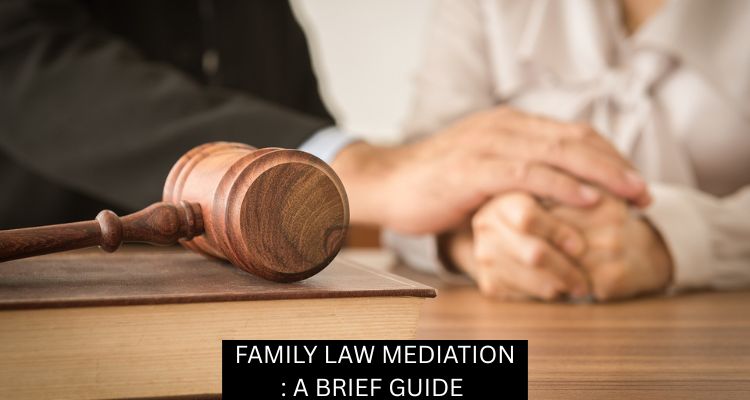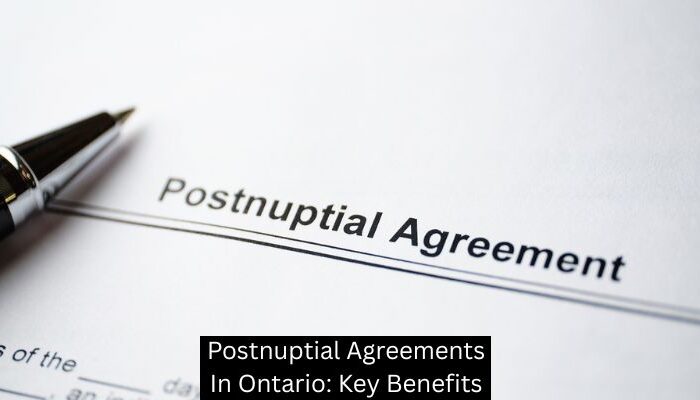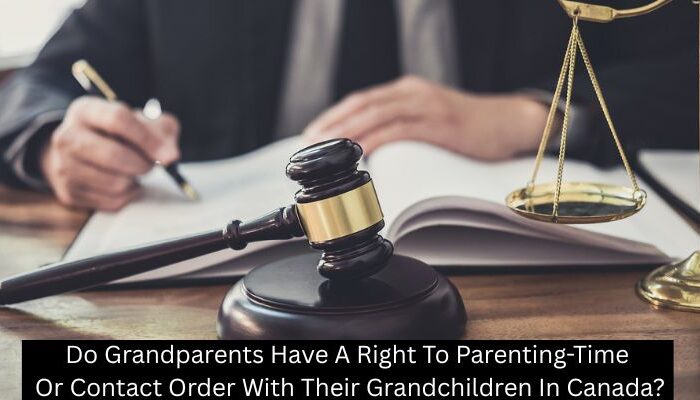
Resolving family disputes through traditional litigation can be technical, lengthy, and emotionally exhausting. Courts tend to focus on legal rules and financial compensation, which may not address the personal aspects of a family dispute. In contrast, mediation serves as a more compassionate and time-efficient mechanism for resolving family conflicts. Mediation is used mainly to abridge time, to come up with collaborative solutions than rigid legislative solutions that the judge might order.
What Is Mediation?
Mediation is a voluntary dispute resolution mechanism where parties participate to work together to resolve the dispute in the presence of a neutral third party known as the mediator. Basically, it is the parties who resolve their dispute themselves amicably with the help of a mediator. The mediator does not act as a judge, in fact he/she only facilitates and guides the process.
Similar to litigation, family mediation can address a wide range of family law issues such as; parenting time, decision-making responsibility, maintenance and support, and division of matrimonial property.
How Does The Process Of Mediation Take Place?
The family dispute mediation typically involves the following steps:
- Choosing and contacting a neutral mediator
- After contacting the right mediator, you can go ahead with taking a lawyer onboard
- Thereafter, the mediator conducts an initial screening/consultation with you to understand the specifics of the case and the parties’ goals.
- Soon after that, the mediator will prepare a schedule of meetings/sessions for the resolution of the case
- As per the agreed schedule and forum, the sessions will take place in the presence of the mediator where he/she will facilitate the process of dispute resolution. The foundation principle of mediation is party self-determination, meaning it is the parties themselves who should be responsible for making any decisions affecting them, assisted by the mediator who has no decision-making power.
- Once the terms of settlement have been agreed upon, the next step is to ensure they are legally enforceable and to address any potential power imbalances before finalizing the mutual settlement agreement.
- Once both parties sign the agreement, the document becomes legally binding and valid.
In case a settlement is not reached, the parties can go ahead with the process of litigation and comply with court orders.
Three Major Reasons Why Parties Opt For Family Mediation?
Here are top three reasons for choosing family mediation over conventional family litigation:
- Consent
The parties voluntarily come forward to resolve their issues which essentially means wishes of both sides are given paramount consideration. The process is entirely voluntary and flexible.
- Greater level of Trust
When the wishes of each party are respected, it automatically creates a higher level of trust in the outcome of the process as compared to the traditional method of litigation.
- Confidentiality
Unlike litigation, mediation happens in confidentiality, ultimately enhancing trust of the parties towards dispute resolution. In mediation, the parties are strictly forbidden to disclose all sorts of information to anyone.
Contact The Lawyers At Ayaz Mehdi Professional Corporation!
By choosing mediation, families can navigate challenging issues with less conflict and greater control over the outcomes. For legal assistance regarding family law mediation and or any family-related matter, reach out to our legal team.
Disclaimer: Kindly note that sending or receiving information through this site does not establish a solicitor-client relationship. Legal matters are fact-specific, and the law is variably changing. The views expressed and the content provided on this blog are general guidelines and cannot substitute for proper legal advice. Schedule your legal consultation by clicking here: Let’s meet!






